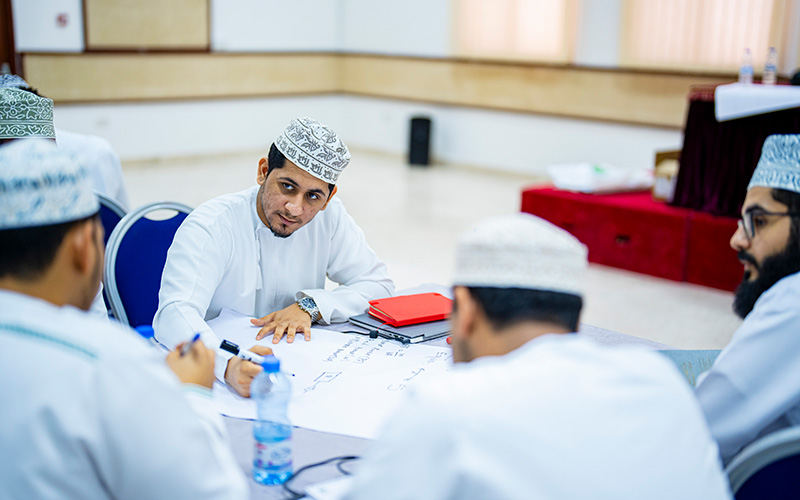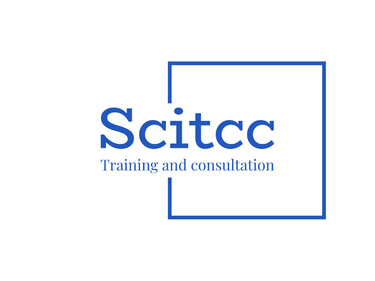
Advanced Investigation and System Implementation: From Theory to Application
Strategic Tools and Practical Frameworks for Investigating Failures, Anomalies, and Implementing System Improvements
$5500.00
Course Title:
Advanced Investigation and System Implementation: From Theory to Application
Course Subtitle:
Strategic Tools and Practical Frameworks for Investigating Failures, Anomalies, and Implementing System Improvements
Introduction:
This intensive 5-day course is designed to empower professionals with advanced skills in conducting investigations and implementing corrective systems. Whether dealing with technical failures, operational breakdowns, or systemic inefficiencies, participants will learn how to approach problems analytically, uncover root causes, and drive improvements from findings to application. Real-world case studies and hands-on simulations will help bridge theory and practice.
Course Objectives:
By the end of this course, participants will be able to:
Apply advanced investigation techniques across technical and operational scenarios.
Use structured methodologies such as RCA (Root Cause Analysis), FMEA, and 5 Whys effectively.
Interpret data to identify patterns, contributing factors, and hidden root causes.
Design and implement system-based solutions to prevent recurrence.
Monitor the effectiveness of corrective and preventive actions (CAPA).
Manage stakeholder communication and reporting throughout the investigation lifecycle.
Target Audience:
This course is ideal for:
Maintenance and Reliability Engineers
HSE and QA/QC Professionals
Incident Investigators
Operations and Maintenance Supervisors
Asset Integrity Engineers
Risk and Compliance Officers
Technical Managers and Analysts
Course Outline:
Day 1 – Investigation Fundamentals & Case Framing
Investigation types: technical, safety, operational
Trigger events and decision thresholds
Stakeholder roles and confidentiality
Defining the scope and building an investigation team
Case scenario: Initial response and framing
Day 2 – Root Cause Analysis Methods
Structured techniques: 5 Whys, Fishbone, FMEA
Data gathering: Evidence, interviews, logs, and digital sources
Developing a timeline of events
Workshop: Performing RCA on sample incident data
Day 3 – Advanced Analysis & Systems Thinking
Human factors and latent errors
Systems thinking and interdependency mapping
Barrier analysis and failure mode patterns
Using software tools for RCA & data visualization
Workshop: Simulated investigation walkthrough
Day 4 – Implementation of Corrective Systems
Designing corrective and preventive action (CAPA) plans
Change management principles
Risk analysis of corrective solutions
Establishing control mechanisms and KPIs
Group activity: CAPA development for a complex case
Day 5 – Reporting, Communication & Audit Readiness
Writing technical investigation reports
Communicating findings to technical and non-technical audiences
Audit trails and documentation compliance
Post-implementation reviews and lessons learned
Final simulation: End-to-end investigation and system response
Learning Methods:
Instructor-led lectures with real industry examples
Group discussions and brainstorming exercises
Hands-on workshops and role-play scenarios
Case study analysis (technical, safety, operational contexts)
Simulation-based training using structured tools
Templates and investigation reporting guides


